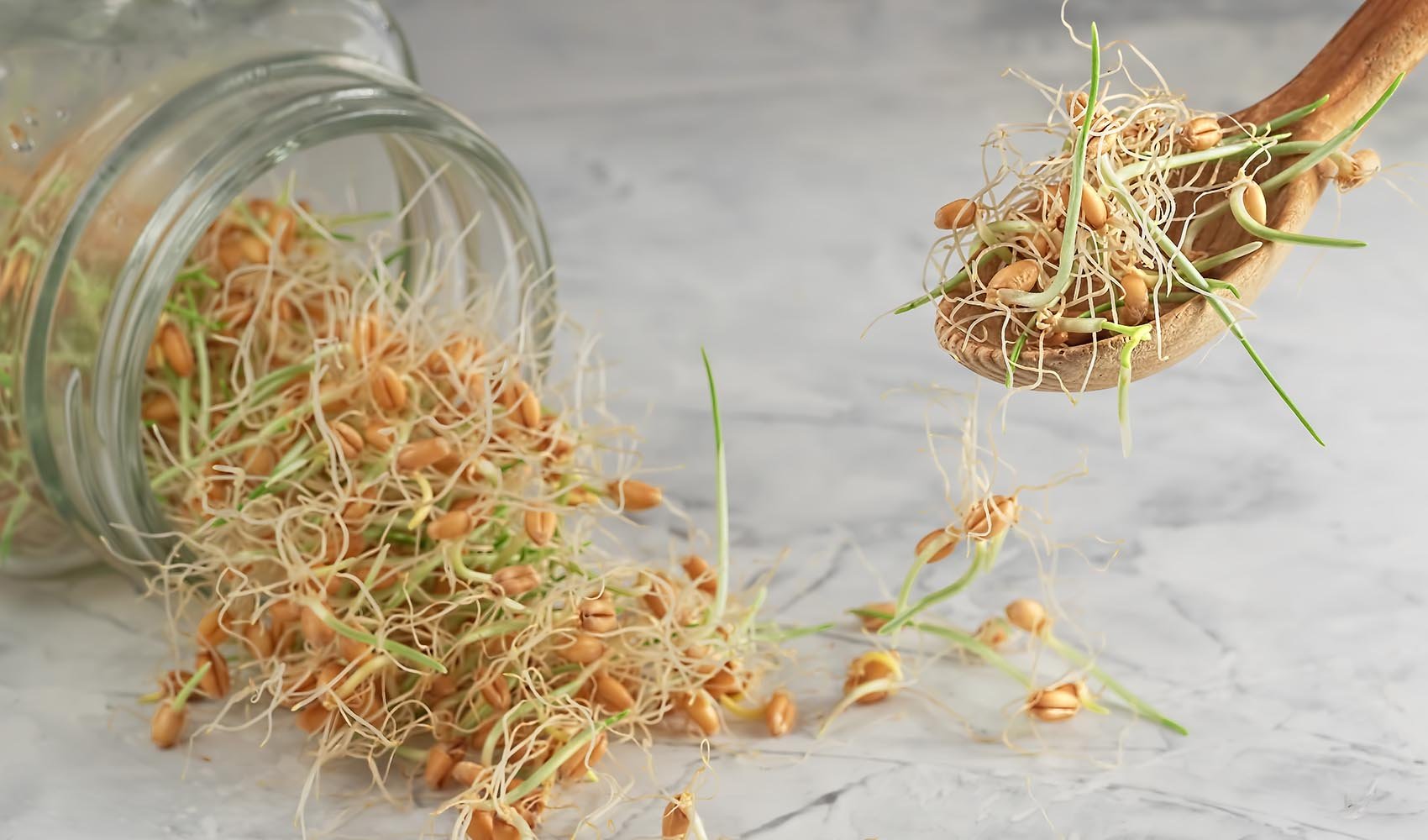
Wheat sprouts are tiny powerhouses packed with nutrients. Ever wondered why they’re gaining popularity? Wheat sprouts are the germinated seeds of wheat, bursting with vitamins, minerals, and antioxidants. They’re not just for health nuts; anyone can benefit from adding them to their diet. These sprouts are versatile, easy to grow at home, and can be added to salads, smoothies, or even baked goods. Curious about their benefits? They can boost your immune system, improve digestion, and provide a natural energy lift. Ready to learn more? Let’s dive into 15 fascinating facts about these little green wonders!
Key Takeaways:
- Wheat sprouts are packed with vitamins, minerals, and antioxidants, making them a nutritious addition to your diet. They can boost your immune system, aid digestion, and improve heart health.
- Growing wheat sprouts at home is simple and fun. Add them to salads, smoothies, or sandwiches for a crunchy texture and a boost of nutrients. They have been used in traditional medicine for centuries for their healing properties.
What Are Wheat Sprouts?
Wheat sprouts are young shoots that emerge from wheat seeds. They pack a punch in terms of nutrition and offer several health benefits. Let's dive into some fascinating facts about these tiny powerhouses.
-
Wheat sprouts are rich in vitamins and minerals, including vitamins A, C, and E, as well as iron, calcium, and magnesium. These nutrients support overall health and well-being.
-
They contain high levels of antioxidants, which help combat oxidative stress and reduce the risk of chronic diseases.
-
Wheat sprouts are a great source of dietary fiber, aiding in digestion and promoting a healthy gut.
Health Benefits of Wheat Sprouts
Wheat sprouts offer numerous health benefits that make them a valuable addition to your diet. Here are some key advantages.
-
Consuming wheat sprouts can boost your immune system due to their high vitamin C content.
-
They have anti-inflammatory properties, which can help reduce inflammation in the body and alleviate symptoms of conditions like arthritis.
-
Wheat sprouts can improve heart health by lowering cholesterol levels and reducing the risk of heart disease.
How to Grow Wheat Sprouts
Growing wheat sprouts at home is simple and rewarding. Here’s how you can do it.
-
Start by soaking wheat seeds in water for about 8-12 hours. This helps to soften the seeds and kickstart the germination process.
-
After soaking, drain the water and spread the seeds evenly on a sprouting tray or a shallow dish.
-
Rinse the seeds twice a day with fresh water to keep them moist. Within a few days, you’ll see tiny sprouts emerging.
Culinary Uses of Wheat Sprouts
Wheat sprouts can be used in various dishes to enhance their nutritional value and flavor. Here are some ideas.
-
Add wheat sprouts to salads for a crunchy texture and a boost of nutrients.
-
Blend them into smoothies for an extra dose of vitamins and minerals.
-
Use wheat sprouts as a topping for sandwiches and wraps to add a fresh, nutty flavor.
Wheat Sprouts in Traditional Medicine
Wheat sprouts have been used in traditional medicine for centuries. Here are some historical uses.
-
In ancient Egypt, wheat sprouts were believed to have healing properties and were used to treat various ailments.
-
Traditional Chinese medicine uses wheat sprouts to improve digestion and boost energy levels.
-
In Ayurvedic medicine, wheat sprouts are considered a rejuvenating food that can help balance the body’s doshas.
Wheat Sprouts: A Nutritional Powerhouse
Wheat sprouts pack a punch when it comes to nutrition. Loaded with vitamins, minerals, and antioxidants, they offer a natural way to boost health. These tiny powerhouses can improve digestion, support the immune system, and even help with weight management. Adding them to your diet is simple—toss them in salads, blend them into smoothies, or sprinkle them on your favorite dishes.
Not only are wheat sprouts nutritious, but they're also easy to grow at home. With just a bit of water and sunlight, you can have fresh sprouts ready in days. This makes them a cost-effective and sustainable option for anyone looking to enhance their diet.
So, next time you're at the grocery store or planning your garden, consider adding wheat sprouts to your list. Your body will thank you for the extra nutrients and health benefits.
Frequently Asked Questions
Was this page helpful?
Our commitment to delivering trustworthy and engaging content is at the heart of what we do. Each fact on our site is contributed by real users like you, bringing a wealth of diverse insights and information. To ensure the highest standards of accuracy and reliability, our dedicated editors meticulously review each submission. This process guarantees that the facts we share are not only fascinating but also credible. Trust in our commitment to quality and authenticity as you explore and learn with us.


